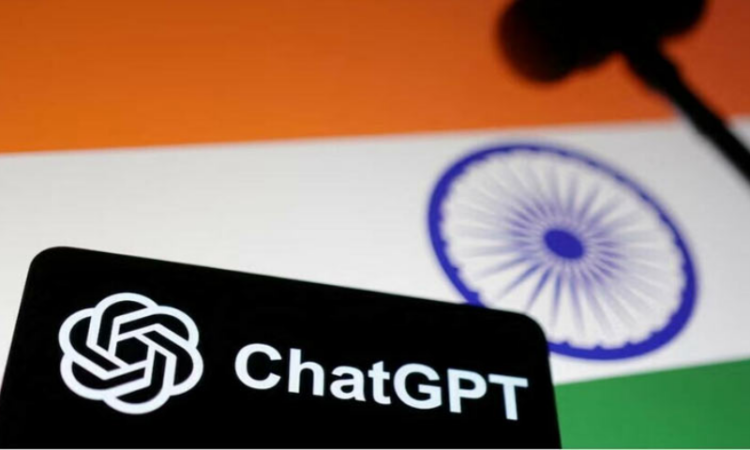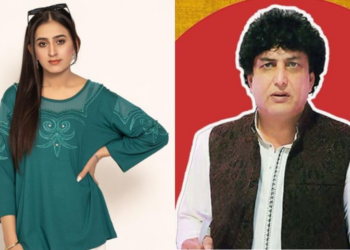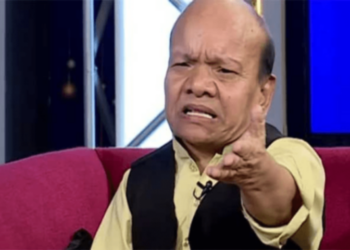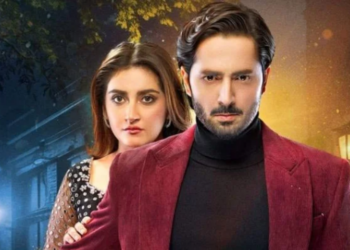Mumbai, February 15, 2025: India’s leading Bollywood music labels, including T-Series, Saregama, and Sony Music, are seeking to join a copyright lawsuit against OpenAI in New Delhi, raising concerns over the alleged unauthorized use of sound recordings to train artificial intelligence models, according to legal documents.
OpenAI, backed by Microsoft, is facing increasing legal challenges worldwide, including in India, its second-largest market by user base. The company, however, maintains that it adheres to fair-use principles by utilizing publicly available data to develop its AI models.
The Indian Music Industry (IMI), T-Series, and Saregama India have petitioned a New Delhi court, arguing that OpenAI’s alleged use of their copyrighted sound recordings for AI training violates intellectual property rights. The filing, which remains confidential, was reviewed by Reuters. The companies assert that their concerns are critical not only for India’s music industry but for the global music ecosystem.
The music labels’ move follows a lawsuit filed last year by Indian news agency ANI, which accused OpenAI’s ChatGPT of using its copyrighted content without permission. Since then, several book publishers and media houses—including some backed by billionaires Mukesh Ambani and Gautam Adani—have joined the case against OpenAI in New Delhi.
Bollywood music holds significant commercial value in India. T-Series, one of the country’s largest music labels, releases around 2,000 songs annually, while Saregama, a century-old institution, owns the rights to legendary Indian artists such as Mohammed Rafi and Lata Mangeshkar. IMI, which represents Sony Music and Warner Music, has also expressed concerns that AI systems could extract lyrics, compositions, and sound recordings from the internet without proper authorization.
The legal challenge in India follows similar global efforts to hold OpenAI accountable. In November, Germany’s music rights organization GEMA sued OpenAI, alleging that ChatGPT reproduced song lyrics without proper licensing, implying that the system had been trained on copyrighted material.
OpenAI, meanwhile, has contested ANI’s lawsuit, arguing that Indian courts lack jurisdiction since the company is based in the United States with servers located abroad. The next hearing in the case, which could shape the legal framework for AI models using copyrighted content in India, is scheduled for February 21.
Amid these developments, OpenAI CEO Sam Altman recently visited India, meeting with the country’s information technology minister to discuss the nation’s plans for low-cost AI development.








